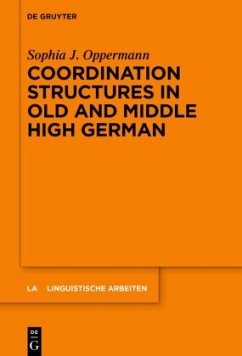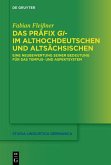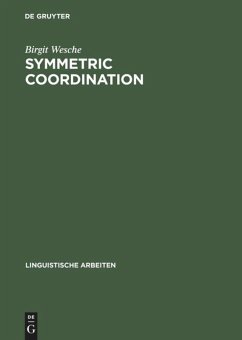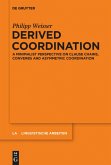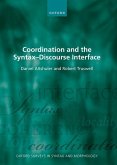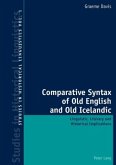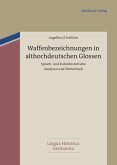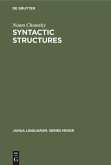Based on the quantitative analysis of a large corpus of Old and Middle High German prose texts, this volume provides a first extensive overview on the syntactic properties of coordination structures featuring the coordinators inti/und and joh in Old and Middle High German and discusses potential analyses in a generative framework. After introducing the main properties of coordination structures in Modern Standard German in Chapters 1 and 2, the results of the corpus study are presented in Chapters 3-6. Chapter 3 focuses on the coordinators inti/und and joh, showing that coordination structures with both coordinators already exhibit the same characteristic types of ellipsis as well as the same parallelism of the conjuncts as their Modern Standard German counterparts. Chapters 4-6 each discuss one major aspect of diachronic change: verbal agreement with conjoined subject-NPs (Chapter 4), the conditions regarding the omission of referential subject-pronouns in clausal or verbal coordination structures (Chapter 5) and so-called 'inversion after und' (Chapter 6). The volume thus provides a deeper understanding of the syntax of coordination structures in both a synchronic and diachronic perspective for researchers and students.

